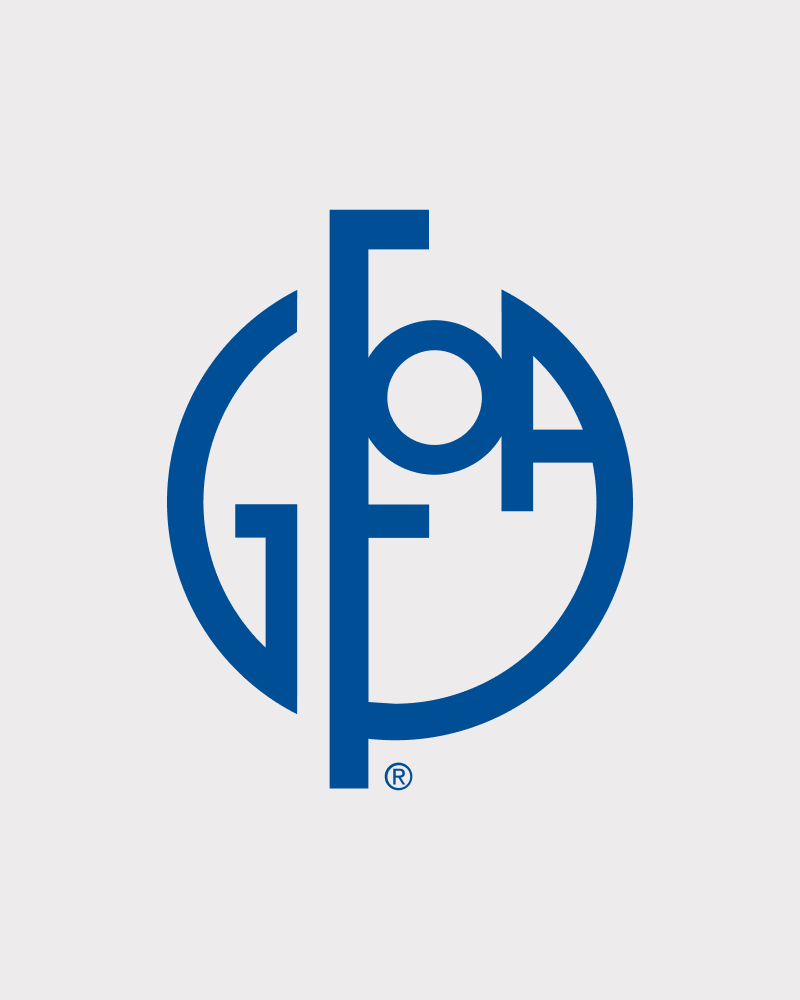Regulation of U.S. Government Securities Dealers'Sales Practices
Regulation of U.S. Government Securities Dealers'Sales Practices
State and local governments represent one of the largest sources of investment funds available to purchase U.S. Government securities. Without broad participation by state and local government investors, the government securities market would lack liquidity and the Treasury's cost of borrowing would increase.
In 1986, Congress created the Government Securities Dealer Act, Public Law 99-571, which imposed a regulatory structure and net capital requirements for all dealers in U.S. Government securities. The 1986 Act, however, did not establish regulatory authority to control the sales practices of government securities brokers/dealers. As a result, state and local government entities have not been protected from aggressive or unscrupulous sales practices and price markups.
Ironically, a federal regulatory structure governing dealer sales practices has been imposed in the tax-exempt market for state and local government securities while the federal government has failed to police the market in its own securities.
The Government Finance Officers Association (GFOA) encourages competitive bidding in all securities purchases. In the event that a governmental unit does not obtain competitive price bids, investors are urged to obtain written documentation of price markups prior to completing the transaction.
The GFOA will work in cooperation with other interested groups to encourage development of investor-protection guidelines regarding standards of practice, securities selection suitability, and price markups.
The GFOA supports federal legislation to facilitate self-regulation and surveillance of sales practices of all securities dealers who conduct transactions involving U.S. Government securities and money market instruments.
Publication Date: May 1988



